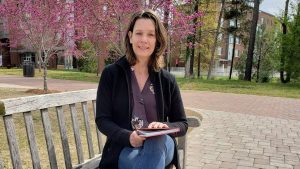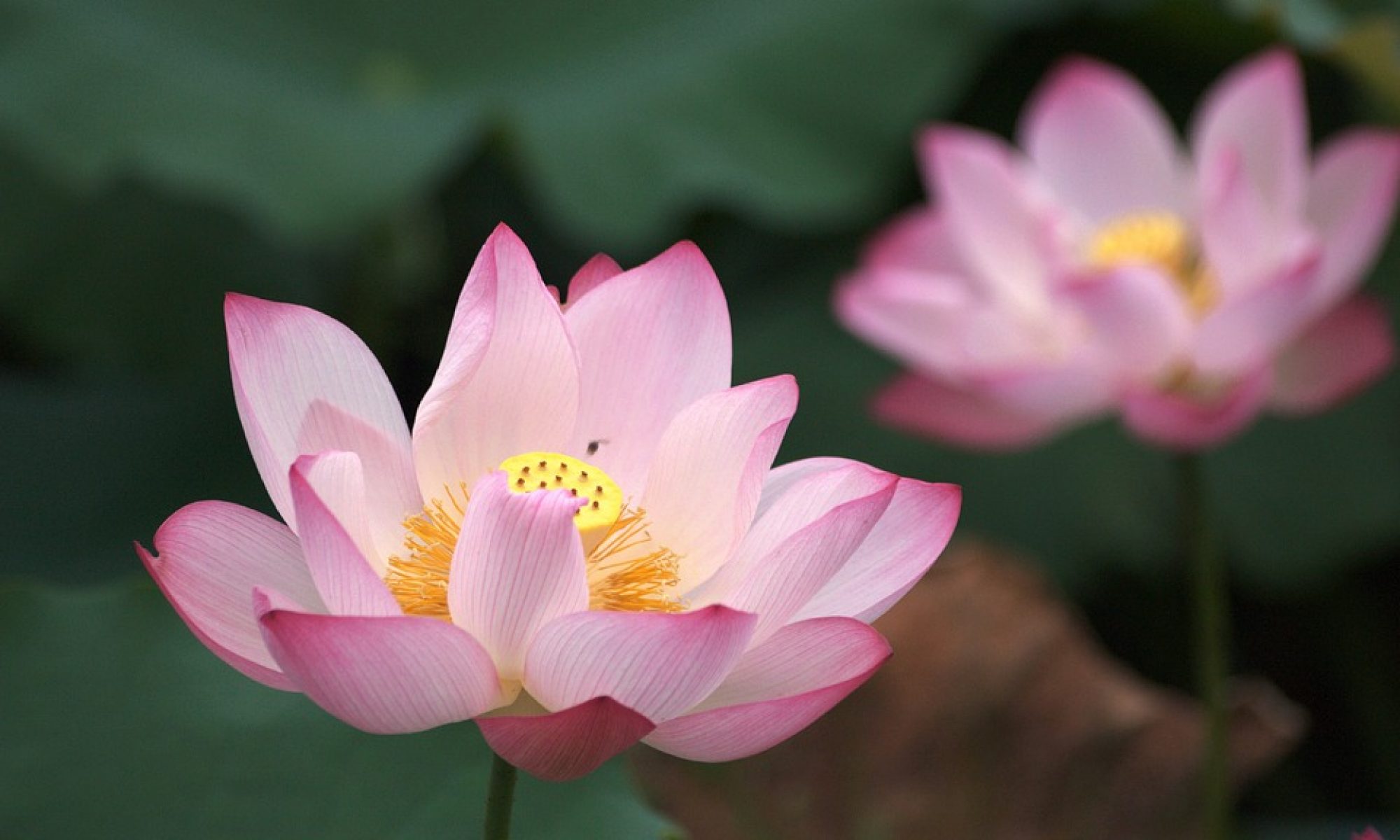Therapeutic gardens planned for NC juvenile detention centers
Posted on The News & Observer April 12, 2018 08:25 PM

Raleigh — Anne Spafford, an associate professor of horticultural science at N.C. State University, believes gardens can help at-risk kids gain self-confidence and improve behavior. Spafford is joining forces with the N.C. Department of Juvenile Justice and Delinquency Prevention to create the state’s first two “therapeutic” gardens. Here she talks about the gardens that are planned for youth detention centers in Fayetteville and Siler City.
Q: How did you get involved with juvenile justice to help kids involved in or traumatized by criminal activity?
A: When I was getting my master’s in landscape architecture, my project was looking at the landscape of prisons. Cut to many years later, and Natasha Donnelly, the assistant manager of health services (for juvenile justice), called our department, and my boss connected her to me. We ended up talking for hours.
I brought the project into my planting design class in the fall, and I had students take on individual designs that involved us going to the sites, researching what the parameters were and involving the students and staff at the centers in the design process.
Q: On any given day in North Carolina, 442 children are committed to the juvenile justice system. Research has shown that many have been exposed to traumatic events. How will these gardens help them?
A: The gardens can help with internalized behavior modification, helping them to relax, de-stress, regain composure, release pent-up frustrations, increase self-esteem, increase sense of accomplishment, promote feelings of hope and also teach patience, which goes along with impulse control.
Mental health experts say that spending time in a therapeutic garden can help a youth learn to live with emotional trauma, assist with neurological development and emotional literacy.
Q: What will the gardens look like?
A: There are counseling spaces, sensory gardens, pollinator habitats, art expression walls, outdoor classrooms and small amphitheaters. It’s probably the lowest-cost way of expanding the facilities, and it’s the only place where personal expression is allowed. They would have veggie gardens and other edible plants as a way of connecting back to nature and food.
Q: How are the youth in the detention centers in Fayetteville and Siler City participating in the planning process?
A: We sat down with some students and had others do designs of what they would want, and then my students analyzed the drawings and incorporated the best ideas. They’re interested to know that other people care about them.
They were involved in our presentations to the directors (at juvenile justice). They couldn’t come, but they were able to see the presentations through WebEx. We couldn’t see them but apparently they were cheering.
Q: Money is needed for the projects. You planned “Art Expression in the Garden,” a fundraiser on April 21 at the JC Raulston Arboretum in Raleigh. What’s at stake here?
A: Time is of the essence, because this population is critical. The youth are so excited and full of hope, and we don’t want to let them down. A lot of them have been let down so many times that it’s important for us to get these first two gardens built to show people that it can be done.
Q: Could the gardens make a lasting impact?
A: If we can create a spark — an interest in nature, an interest in growing food — that spark could change someone’s life. Maybe they end up going to a two-year or four-year program, and there are mechanisms to help them do that. We could have youth that started out in a really bad place, and they could have a better outlook on life, a paying job that’s rewarding and helps others.
One of the youth said the garden project meant so much to him because he could actually leave a legacy of hope — to know that things can get better, there is a different path.
Tar Heel of the Week — Anne Spafford
Born: 1969, in Urbana, Illinois
Residence: She moved to Raleigh in 2001.
Education: Bachelor’s degree in horticulture, master’s in landscape architecture from University of Illinois
Occupation: Associate professor, horticultural science, N.C. State
Fundraiser: “Art Expression in the Garden” will be from 4 p.m. to 7 p.m. Saturday, April 21. Tickets are $75; kids 12 and under can attend for free. To buy tickets or donate, go to therapeuticgardensncjj.org.
